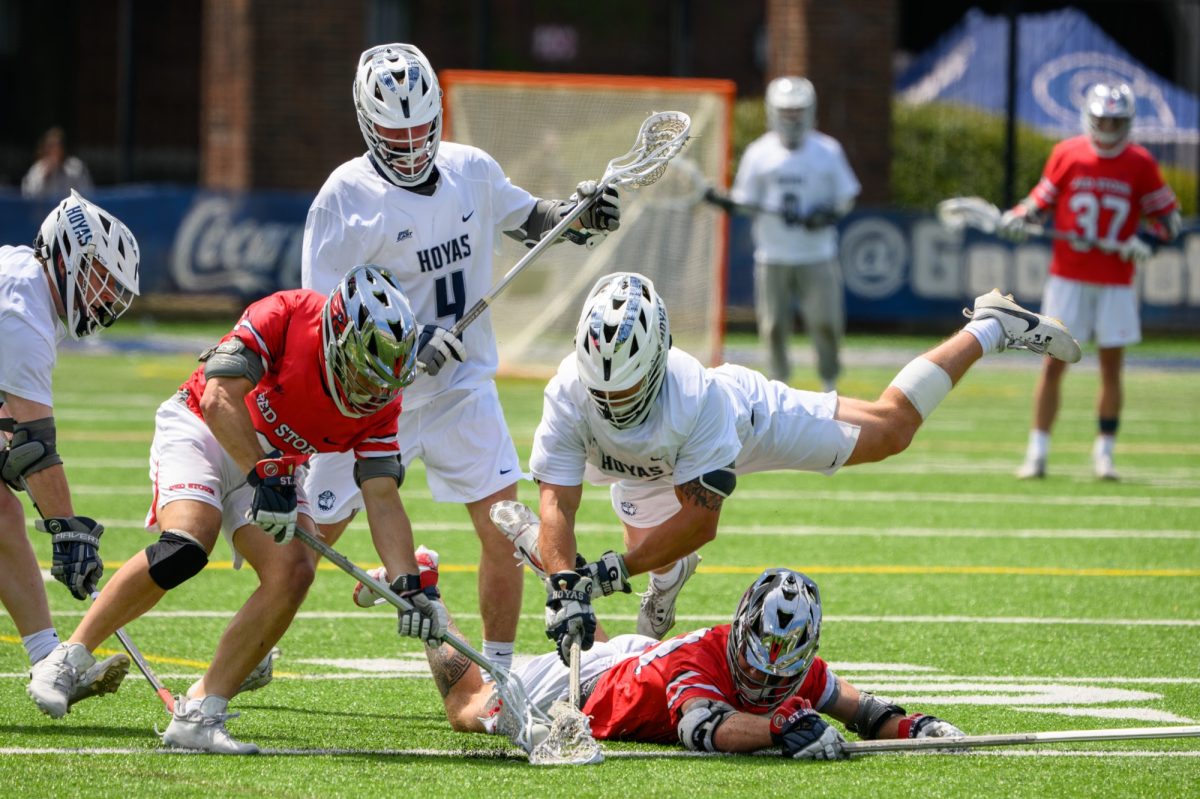The dawn of free agency in the NFL means that teams will now spend hundreds of millions of dollars on a wide array of talent in a process that has always been something of an imperfect science. Teams attempt to use a player’s past performance as a guide for their future value, and they are often incorrect. One company, Zebra Technologies, has attempted to change that. By installing radio frequency identification chips in each player’s shoulder pads, teams will have instant access to real-time data involving speed, velocity and other previously unobtainable metrics. Over time, RFID chips should revolutionize the game both by making coaches better at their jobs and franchises smarter when it comes to making offseason moves.
One of the most common debates about the NFL offseason is whether or not certain free agents are worth the money they request. It should come as no surprise that players whose positions require a high level of speed, agility, acceleration and closing time have a limited window to hit their peak and flourish. RFID chips will give teams data measuring players’ capabilities in these categories that can then be used to make personnel decisions. In theory, this should lead to less guesswork and intuition within scouting and more pure analysis. Numbers, after all, do not lie. With a salary cap and rosters limited to 53 people, every signing is important. The first batch of this accumulated data will be released in May, after the draft and the bulk of free agency are concluded.
At the beginning of the 2014 season — their first season in use — these chips garnered little attention, but they now stand to make a big impact, especially in the front office. General managers and coaches who are responsible for putting together the roster will have access to richer data than before. But with big data comes big responsibility. Every stadium is equipped to handle and gather such data, so at least in one regard, every team is on an even playing field in terms of scouting.
One potential side effect of using RFID chips is the increased pressure and scrutiny that coaches and executives will experience in building their rosters. With massive amounts of data and a growing number of fans and pundits wanting to apply mathematical, statistical and economic data methods to sports, teams will be under more pressure than ever to get free agency calls “right” — signing the correct players for the appropriate amount of money.
Another consequence will be the price of efficiency. Players will be divided because this new technology and data has both benefits and risks. For example, in addition to RFID technology, there are also apps that can give teams instantaneous, in-game information on player health. Dehydration, cramping and more serious injuries can now be better anticipated and potentially prevented before they become major issues.
However, some players, like the Browns’ wide receiver Andrew Hawkins, feel that such data would be used against players in contract negotiations. In fact, it is difficult to see how this will not happen, because teams will have actual proof of a player’s declining ability. That idea works both ways, though. It is also possible for players to improve during their time in the league, and the data will objectively reflect that.
In addition to off-the-field impacts, this technology and data has the potential to revolutionize coaching and make it more adaptable than ever before. Coaches are beginning to envision worlds in which they can adjust defensive personnel based on data received from offensive linemen. Coordinators could also call plays that incorporate their secondary’s speed and reaction time based on certain coverage packages. Though such advents have not occurred yet, they are quickly approaching and will undoubtedly be a part of the game’s future.
Fortunately for statistics aficionados, these kinds of developments appear to be the dominant trend in sports. Zebra Technologies, along with similar groups, has talked with the NBA to provide a similar service for a similar purpose. Even for the more traditional fan who does not want to bother with so much quantitative jargon, this can still be beneficial, because teams will have more information to use to pursue success.
Something like free agency, or even quantifying sports in general, may never be a perfect or an exact science, but that should not stop teams from using everything within their disposal to make the best possible choices to produce the best possible product.
 Michael Ippolito is a junior in the College. The Water Cooler appears every Friday.
Michael Ippolito is a junior in the College. The Water Cooler appears every Friday.














